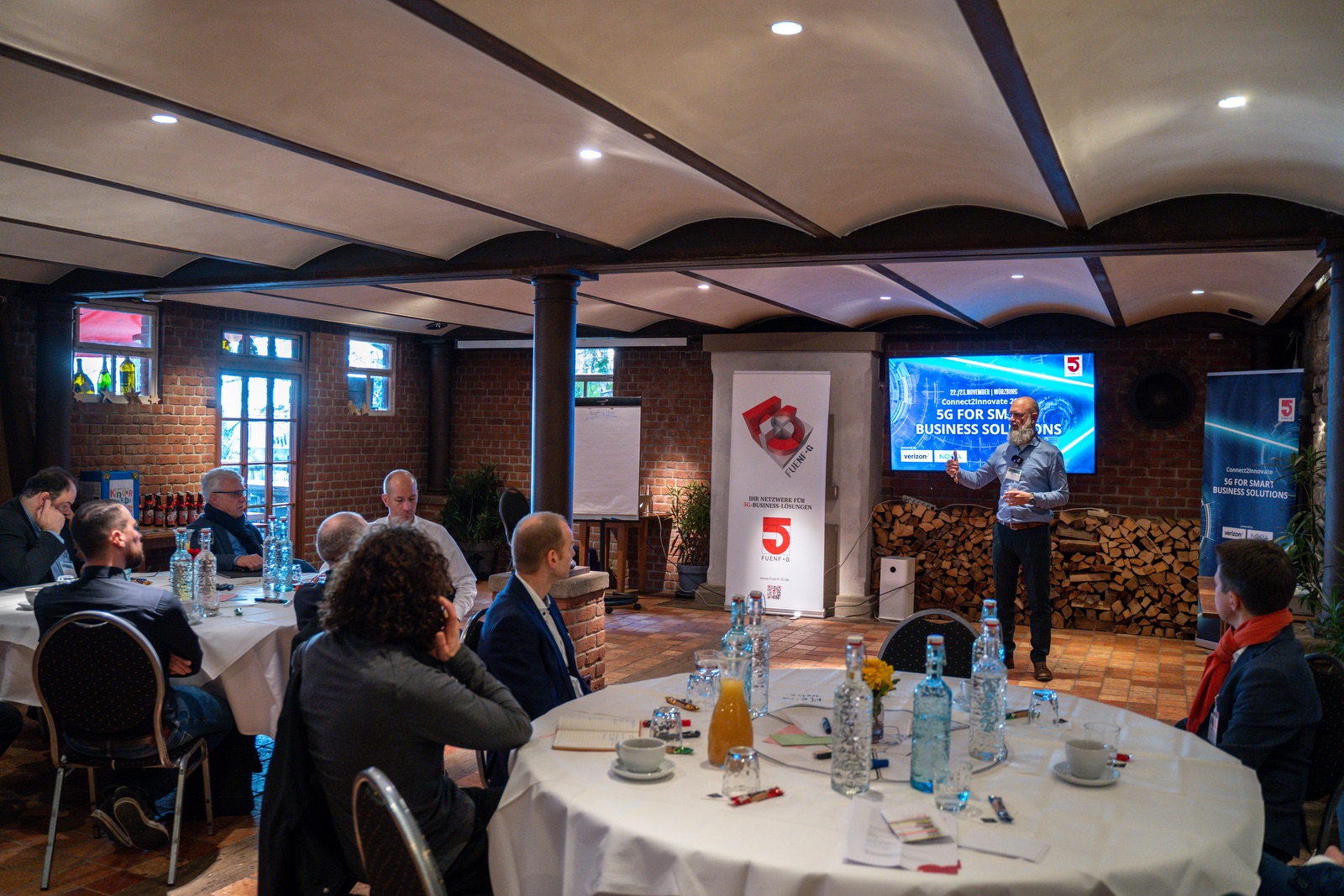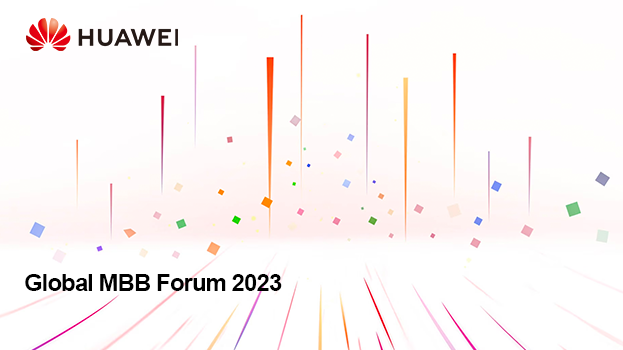The declaration seeks to promote transparency and ensure working with suitable datasets (Picture: Pixabay)
The Digital Markets Act sets out a narrowly defined set of objective criteria for classifying a large online platform as a gatekeeper. Thus, the law remains focused on the very problem it seeks to address, namely, large, systemic online platforms.
The gatekeeper criteria are met when companies meet the following criteria: 1. Having a solid economic position with a significant impact on the internal market and is active in several EU countries. 2. Forming a strong intermediary standing, i.e. connecting a large user base with many companies. 3. Already having or soon achieving a consolidated and lasting market position, i.e. is stable in the long term.
On January 26, 2022, the European Commission published a “European Declaration on Digital Rights and Principles for the Digital Decade” proposal. The Digital Services Act and Digital Markets Act aim to create a safer digital space where users’ fundamental rights are protected and establish a level playing field for businesses. This declaration incorporates the fundamental rights of EU citizens into the digital sphere. The changes and reformations imposed here have been derived from previous declarations and the EU Charter of Fundamental Rights. A comprehensive codifying is being carried out of various specific principles that guide EU institutions in creating a “digitalized” legislative framework. Thereby, the declaration paints the “bigger picture” for many recent legislative initiatives in the EU. Despite the political nature of the declaration and non-binding legislation, it ensures an indirect effect on all companies who carry out their businesses digitally in the EU. All forthcoming future legislations will incorporate and be aligned with these new principles with surety.
What does the European Declaration of Digital Rights entail?
The declaration prioritizes embracing European values in the digital sphere and promotes transparency and security in the digital transformation. Despite being the author of the declaration, the European Commission emphasizes its declarative nature and that it “does not as such affect the content of legal rules or their application.“
To summarize, the declaration primarily focuses on:
i. the role of human values, such as human rights and democracy, in a digital society;
ii. an inclusive and solidarity framework, uniting people and providing fair and equal access for everyone;
iii. promoting the users’ freedom of choice by preventing discrimination and by making algorithms and AI more transparent and accountable;
iv. creating a trustworthy and diverse online space that allows everyone to participate in democratic debate without censorship while stopping the spread of illegal content;
v. promoting safe standards that give the users power over their data and protect children online; and
vi. matching the “Green Deal”, and ensuring that digital technology is sustainable and limited in its impact on the environment.
Relevance for the 5G community
Based on a press release by the European Commission for Digital Strategy, published on the 9th of February 2022: The Commission has adopted implementing decisions to ensure that the EU’s radio spectrum policy meets the growing demand for broadband and innovative digital applications.
This endeavor makes 900 MHz and 1800 MHz bands usable for all 5G applications. It shall ensure improved connectivity for critical applications in health monitoring, diagnosis and care; smart homes and optimized energy consumption; and connected and automated mobility safer and more efficient transport systems.
Alongside the harmonized ‘pioneer bands’ for 5G, the Radio Spectrum Policy Group has identified the need to ensure the frequency bands already harmonized for 2G, 3G, 4G are also fit for 5G use. According to the 5G Action Plan, by 2025, 5G networks should cover all urban areas and major transport routes.
The Commission also adopted implementing decisions to improve the technical conditions for spectrum use for short-range devices and Wi-Fi. Advanced and improved connectivity is a key target of the 2030 Digital Decade proposed by the Commission, whereby 5G should cover all populated areas and all EU households should have access to gigabit connectivity by 2030. Upgraded, fast and reliable networks will be the springboard for the timely digital transformation and for enabling better services and products across Europe.









Leave A Comment